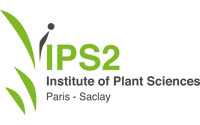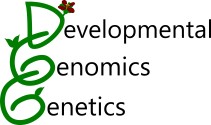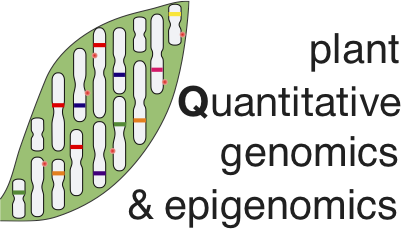DGG: Department Developmental Genomics and Genetics
|
|
The mission of the Developmental Genetics and Genomics (DGG) department is to generate fundamental knowledge related to the development of plants in interaction with their environment using genetics, functional genomics and epigenomics approaches. For the research to have a social impact, DGG also raises the challenge of translating discoveries into agronomic traits (translational biology).
DGG teams mainly focus their studies on root and flower development and how these processes are regulated by hormones, peptides, small RNAs as well as chromatin states and transcription factors.
Several strategic and methodological features are shared by all the teams: this includes translational biology, where models and crops are simultaneously investigated.
Several collaborative projects (ANR, EU…) were set-up between groups of the department and are currently running, and this collaborative effort led to 16 publications involving at least two teams of the department. Concerning innovation and connections with private companies, there are currently more than 20 research projects that implicate DGG teams and private companies.
The DGG department hosts the EPITRANS platform, which proposes state of the arts tools to investigate the contribution of the epigenome in the control of biological processes in crop and model species, as well as state of the arts tools to genetically translate molecular findings into leader alleles using TILLING screening methods on EMS-mutagenized collections covering 13 plant species.
The DGG department consists of five teams :
|
REGARN : Regulatory non-coding RNAs in root plasticity
Group leader : Martin Crespi
| |
|
ChromD : Chromosome Dynamics
Group leaders : Moussa Benhamed | |
|
SILEG : Signaling pathways controlling legume root system development
Group leader : Florian Frugier | |
|
FLOCAD: Flower and Carpel Development
Group leader : Abdelhafid Bendahmane | |
|
Q-lab: Plant Quantitative Genomics and Epigenomics
Group leader : Leandro Quadrana |






